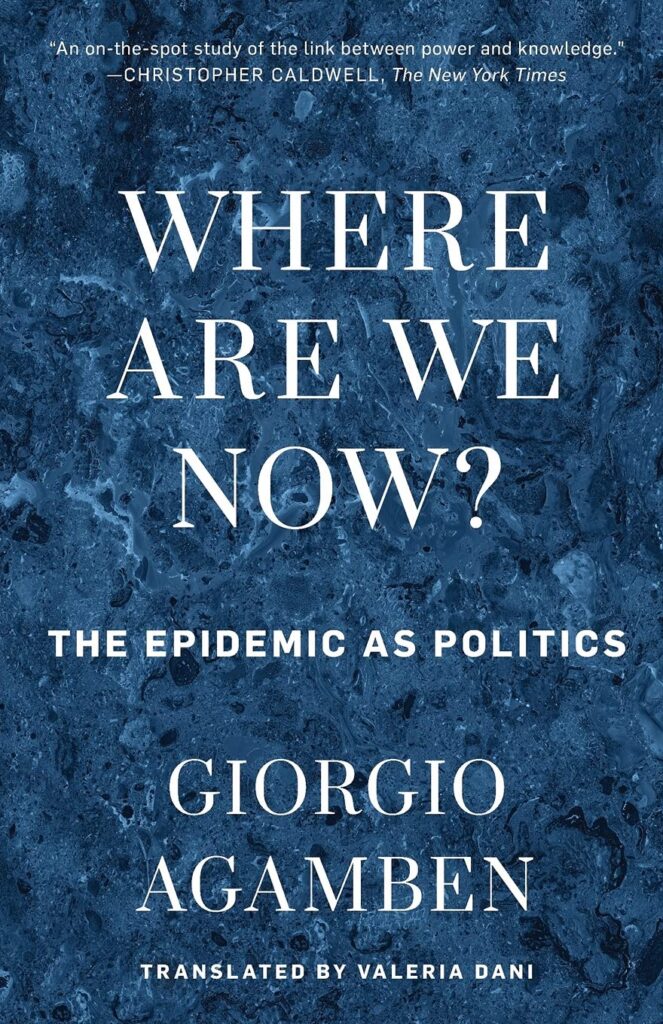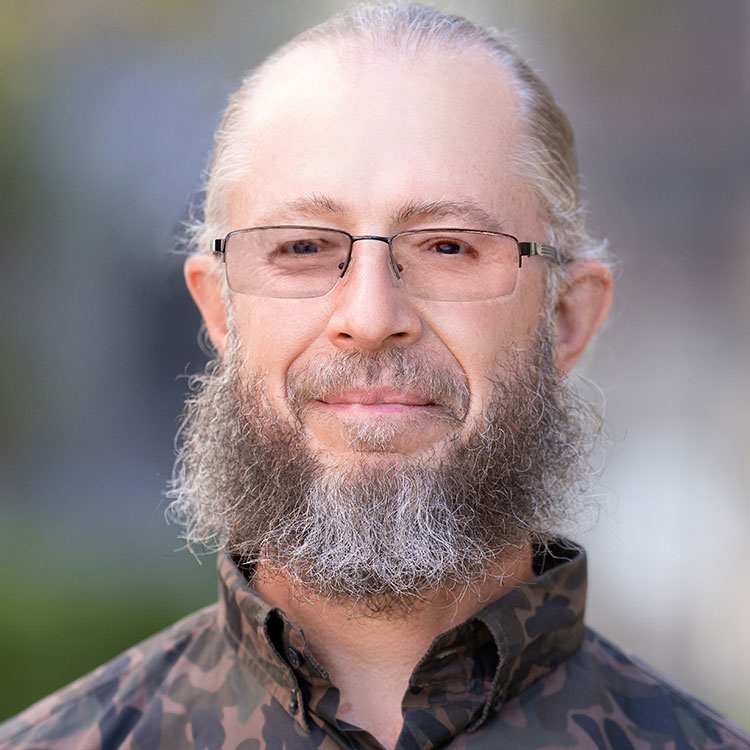
Staff Pick: Where Are We Now? The Epidemic as Politics

Immediately upon publishing his first public letter—which serves as an introductory chapter to this volume—criticizing the way in which his home country and, by implication, much of the world, was responding to the spread of the SARS-CoV-2 virus and concomitant COVID-19 infection, famous Italian philosopher Giorgio Agamben was roundly criticized by colleagues in his field. Agamben’s ideas did not receive much attention in the U.S. at the time, with few reviews, among them in the New York Times and the Chronicle of Higher Education. In the aftermath of President Biden’s declaration of the end of the COVID-19 pandemic on May 11, 2023, perhaps American audiences are now in a more psychologically comfortable position to reflect on this collection of interviews of and essays from Agamben, written between February and November 2020.
Unlike most American critics of pandemic policy, Agamben takes a more philosophical approach, as one might imagine. Rather than question the effectiveness of lockdowns, social distancing, and masks, Agamben examined their implications for social and political life. Further, he interrogated the rhetorical climate and the use of pejoratives like “denier” and “conspiracy theorist.” With the benefit of hindsight, it is only through a sober assessment of the full range of costs and benefits that a democratic polity can determine whether COVID interventions will have constituted a necessary “state of emergency” (“a return as soon as possible to normality”) or an opportunistic “state of exception” (a rupture to the norm which “opens the way to a different system”).
